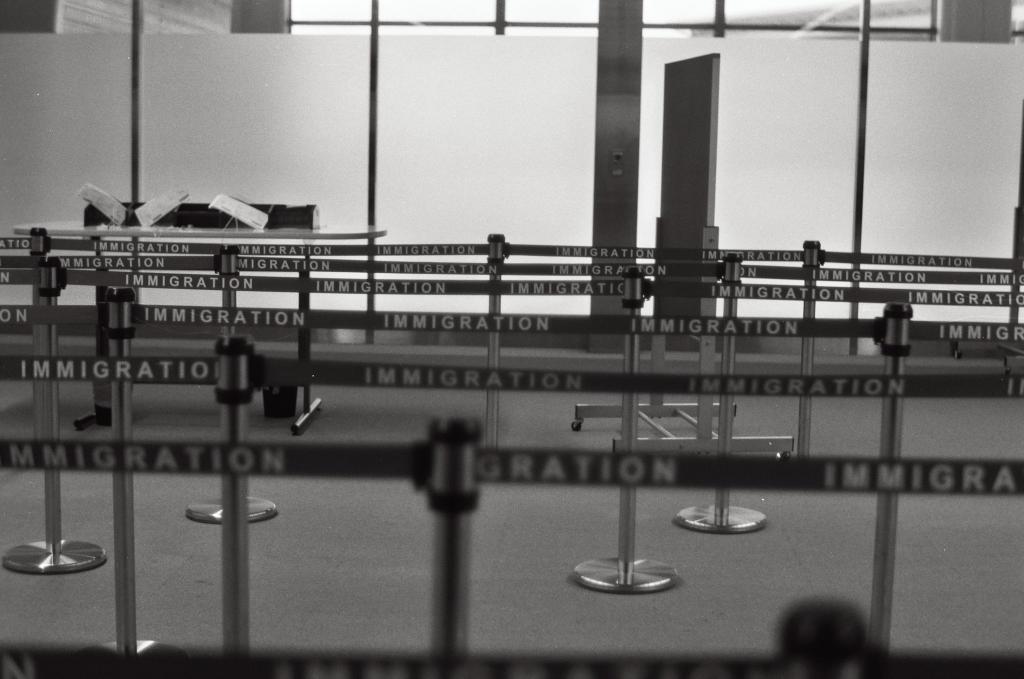This article is part of the series Governance, in Crisis.
The year after the devastating 1892 cholera outbreak wrought havoc on Central Europe, Germany convened an international conference to address its consequences of the catastrophe for trade and movement. As news of the deadly epidemic had spread, not only countries but individual towns closed themselves off from one another. The subsequent gathering, held in Dresden, resulted in guidelines that ensured commercial life would no longer be so disrupted during such calamities. Migrants were subject to heightened scrutiny by the agreement – yet facing lobbying by passenger shipping companies, the German government interpreted it in a way that granted them continued mobility as well – because Berlin deemed their movements, too, a vital component of commerce. Other states followed Germany’s lead.
Disasters of all types – wars, climate events, pandemics – can turn societies inward, seeking to protect their own. The Black Death, Miri Rubin has recently written, unwound medieval cities’ growing diversity. Even more famously, the intensified border controls that accompanied the First World War remained long thereafter. Will borders tightened by Covid-19 – which in some instances, as in 1892 Germany, even extend to internal divisions within countries – remain a part of the post-pandemic world?
There are reasons to believe that they could remain sealed for some time. Most immediately, societies’ inward turn has resulted in radically different approaches to fighting the virus. While some East Asian states have adopted a “test-and-trace” approach, Sweden has taken its chances with the consequences of laissez-faire, and other North Atlantic societies are in partial or full lockdowns. States with more rigid controls will be unlikely to trust inward movement from those with fewer guarantees – at least not without long and strict quarantine periods.
Permeable borders have, moreover, arguably been on the decline for years. Tensions over tariffs and migration have raised walls – both pecuniary and literal – against cross-border movements of both goods and people. Brexit and Donald Trump’s immigration and trade policies are among the apotheoses of these developments. Yet even as the corona crisis arrived, Greek security forces fought pitched battles with migrants seeking to enter the country from Turkey, the latest episode of the European Union’s (EU) ongoing struggle to control its southern frontier. Even within the EU, states have frequently invoked emergency exceptions to suspend free travel across the nominally passport-free Schengen Zone since the “migration crisis” began.
This is an excerpt. To read the full article, visit The Global.
Interested in contributing to our blog? Here is how
Image credit: “Immigration” by lcars is licensed under CC BY-NC 2.0


